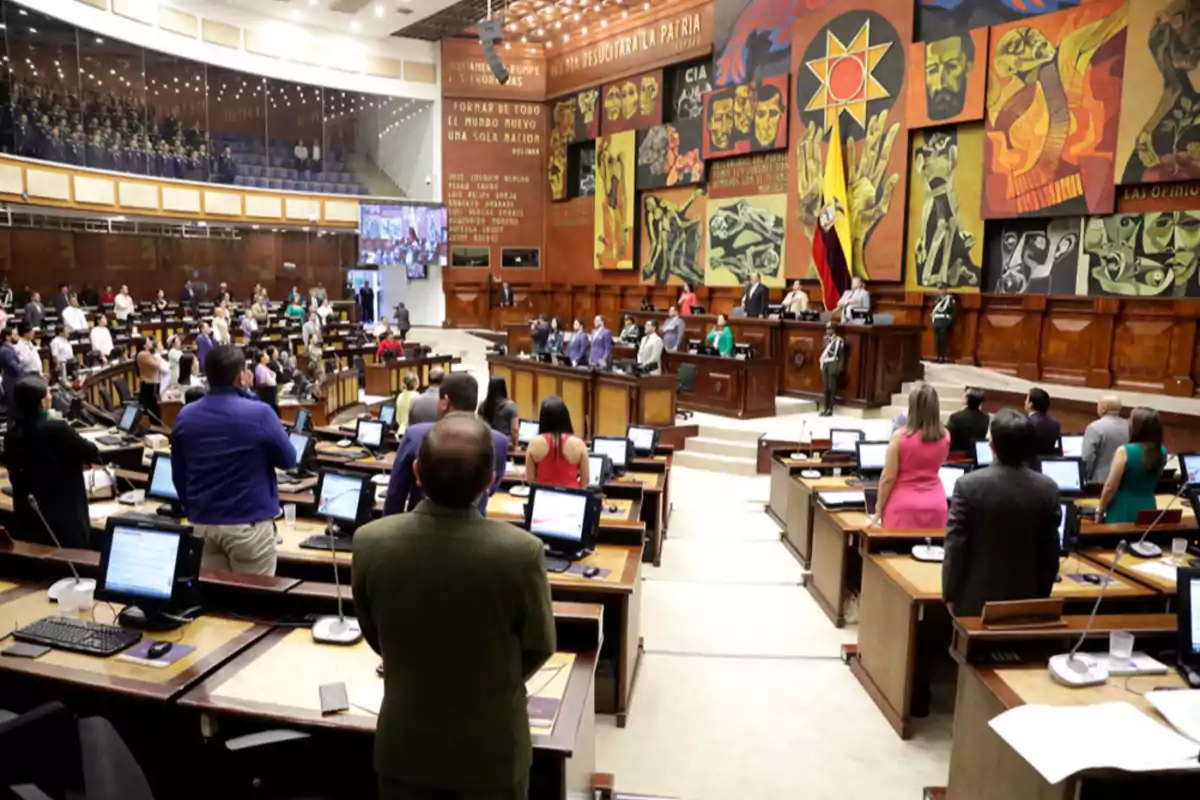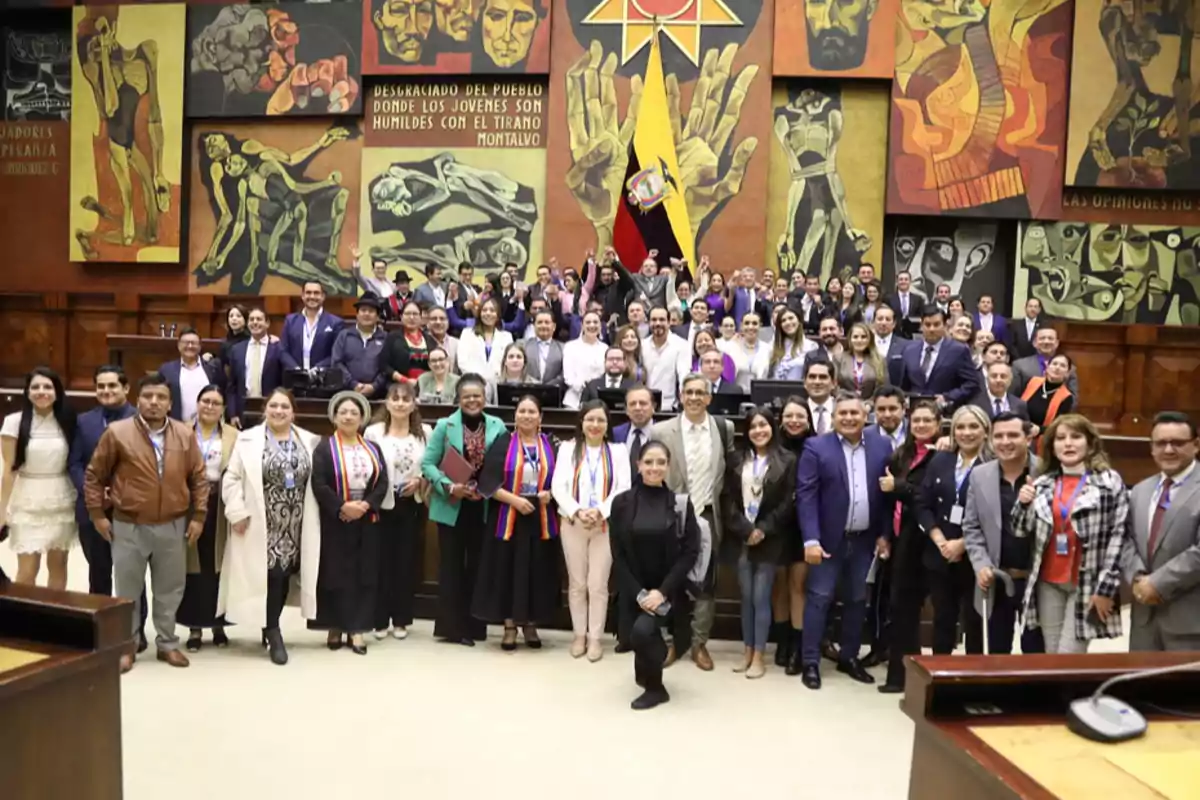
The National Assembly approves the foundational law proposed by Daniel Noboa
The Social Transparency Law seeks to regulate foundations and combat money laundering, but it generates controversy
The National Assembly met on August 26 to vote on the Social Transparency Law project, sent by Ecuador's president, Daniel Noboa, as an urgent economic matter.
After a little more than two hours of debate in the Plenary, the law was finally approved with 78 votes from the ADN caucus and its allies.
The proposal reached the Plenary amid questions from the Citizen Revolution (RC) caucus, an organization that argued the proposal is aimed at monitoring and controlling foundations and civil society organizations.
The Social Christian Party (PSC) joined those criticisms, warning that if the project was voted on as a single block, they would vote against it.
PSC assembly member Alfredo Serrano stated that two new taxes are being created. "A tax is imposed on companies that decide to reinvest their profits to grow their businesses; this is absurd and abusive," he said.

Meanwhile, National Democratic Action (ADN) legislator Mishel Mancheno denied that new taxes are being implemented and justified the requirement for companies to pay a tax on their dividends.
The ruling ADN caucus keeps that the proposal seeks to combat money laundering and the possible infiltration of organized crime in foundations and Non-Governmental Organizations (NGOs).
PSC assembly member Alfredo Serrano regretted that the project would affect the Ecuadorian Social Security Institute (IESS), making it customary for a text to receive changes between the first and second debate.
The approval of the Social Transparency Law in the Assembly generates a divided debate among political sectors. Although Daniel Noboa's government justifies the law as a tool to combat money laundering, the opposition warns of possible negative effects on the country's business sector and social security.
More posts: